Hi, I'm Sonali! I am a final year student studying a MChem Chemistry degree at the University of Lincoln. In my spare time I like singing, writing my own songs and playing badminton. I am also passionate about raising money…
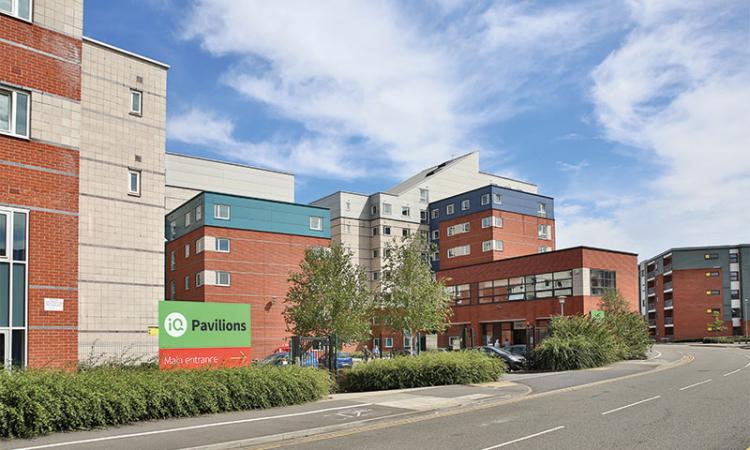
Selecting the right accommodation: the ultimate guide
November 20, 2021,
read.
This article is more than 3 years old
Are you a perspective or current university student looking for accommodation? Then this article will help you when making important decisions when selecting your accommodation.
My Experience
When selecting accommodation I would recommend you make an informed choice as to which accommodation option best suits your lifestyle and budget. I chose to live in a studio in the Pavilions IQ student accommodation as from experience I cannot stand the thought of sharing a bathroom and kitchen. I had a great time living in a studio in my first year, I did not have to worry about others making a mess in the kitchen or about other people’s piles of dirty dishes in the sink. There is a lot more freedom when staying in a studio as I was able to cook food and have a shower whenever I wanted to. A lot of people usually say that living in a studio accommodation means that you will feel isolated, make no friends and have no social aspect. However, this is not the case I made a lot of new friends as we had a group chat for all the students who were living at Pavilions, you feel part of community as Pavilions holds a lot of socials in the common room, there is always something going on. Therefore, choosing where you are going to live is one of the most exciting and important decisions you will make at university. Before you select an accommodation I would also recommend you do some research about: the area, type of rooms available, what is included and prices, and you should start to do this as early as possible. But ultimately selecting the type of room depends on the type of person that you are.
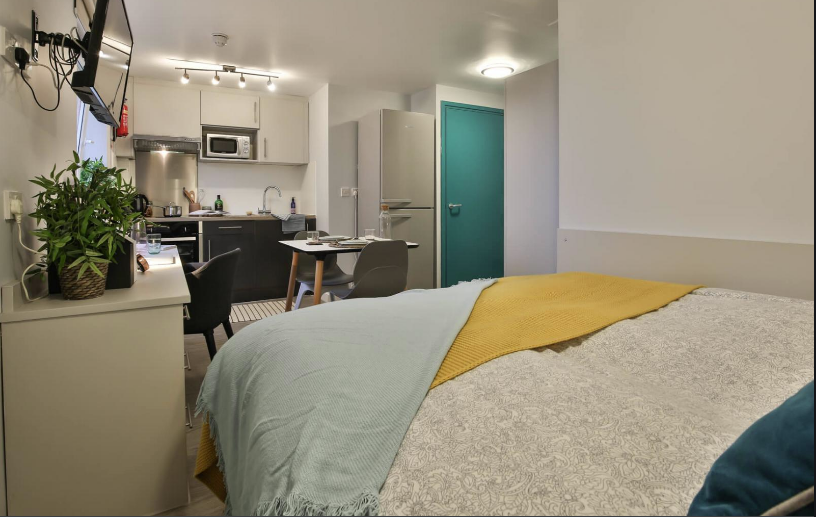
Discover Your Options
You can typically start to apply for accommodation once you have an offer at the university or you have accepted an offer on your course. Generally, there are four main options you can live: university managed accommodation (also known as halls of residence), private student accommodation, with friends in private rented house or flat and at home.
1. University Managed Accommodation
These are large blocks of flats accommodating hundreds of students, furnished with bedrooms that are organised around corridors or apartments with a shared kitchen of up to 8 people. Bathrooms are also shared with up to 8 people, although most accommodations offer en-suite rooms. The facilities are located on-site and the university team and student residential wardens are always on site if you need anything. This type of accommodation is located on campus. In addition, universities also provide catered accommodation which is worth considering is you don’t feel that you are able or ready to cook however this can increase the cost of your rent.
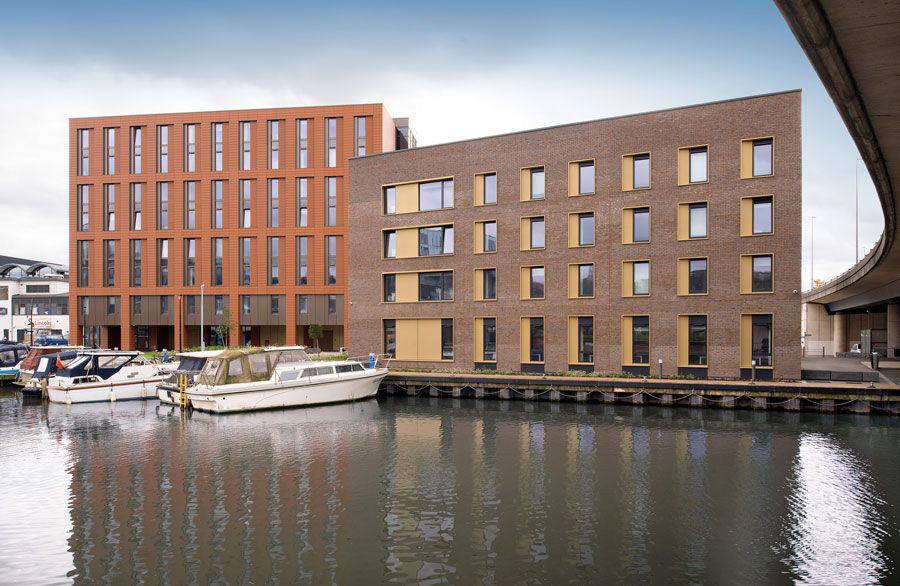
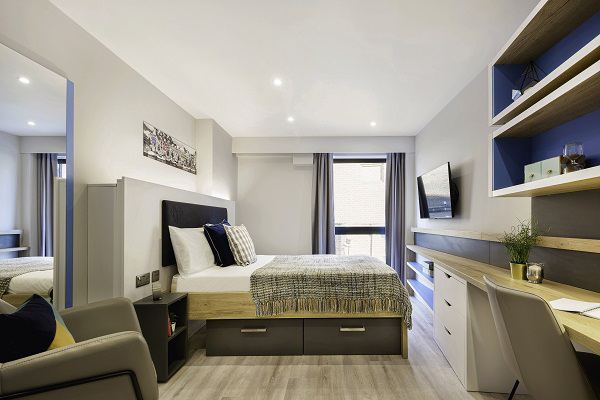
2. Private Student Accommodation
Private accommodation is usually located off campus, this type of accommodation is very similar to university managed except they are operated by a private student housing company. Here, flats are usually in the form of 2-5 bedrooms with occupants sharing a living room and kitchen, and for those who enjoy more privacy, there is an option of a studio room which contains everything that a student would require to live alone. The rooms can be booked online or via telephone and rent can be paid yearly or in instalments and some cases no deposit or booking fee is required. In addition, you get to choose who you live with, this means moving in with friends which can make a better university experience, as well as this, you also have access to a lot of benefits which university managed accommodation does not offer such as onsite gym, access to transportation and cleaning services.
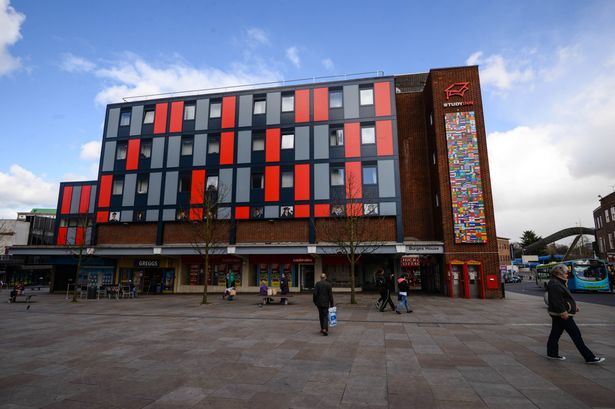
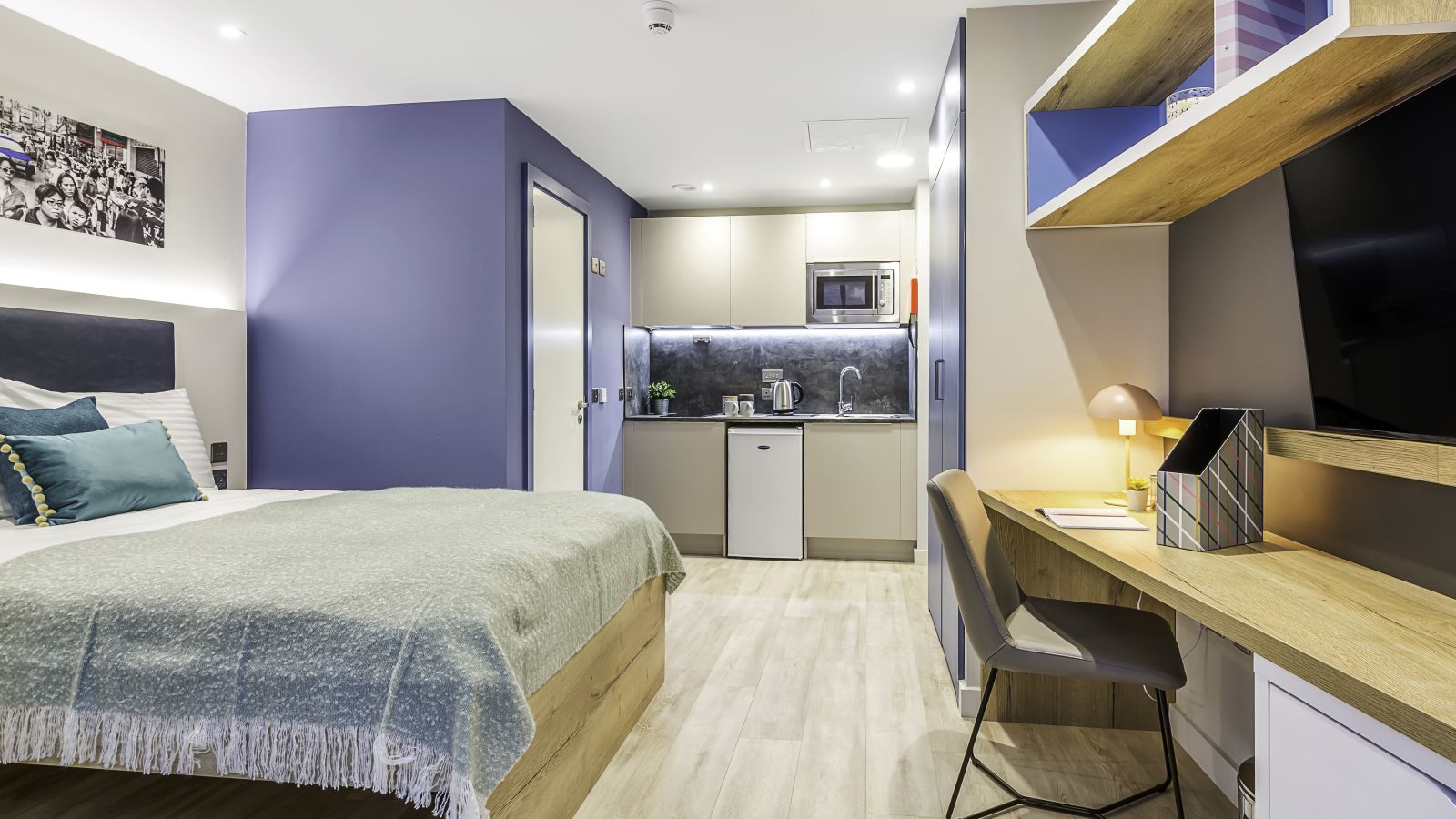
3. Private Rented House or Flat
You might want to live in a private rented house or flat which accommodates around 4-5 people. This is a path followed by most students from the second year and onwards. The university accommodation office can assist you in finding houses. It is a good idea to view the properties you are considering before you sign up. Here the rent is usually cheaper, however, you will pay bills on top and it will be your own responsibility to sort your payments for things like utilities, WiFi, contents insurance and TV licence. But if everyone living in the house or flat is a full-time student you will not have to pay council tax. Furthermore, you will need to comfortable to get in touch with your landlord or letting agent to sort out any issues or arrange repairs if they arise.
4. Living at Home
For many students leaving home and the feeling of freedom is one of the key attractions of going to university. But if you have selected to study locally staying at home can be a great alternative. It saves money on your rent, bills and living costs and you will avoid the stress of moving put to live with new people. However, it might be more difficult in making friends away from the social hub.
Making Your Decision
This is not an easy choice to make, so get advice from as many different sources as possible. Many universities have open days and invite students to attend applicant days ahead of the start of term where you can talk to other students and also have a look at some of the accommodation and properties available.
It is never too early to start preparing and having a look at student accommodation. If you intend to live in halls or private accommodation whilst studying you will need to save up some money as all accommodations ask you to pay an upfront deposit or rent payment when you book your accommodation.




